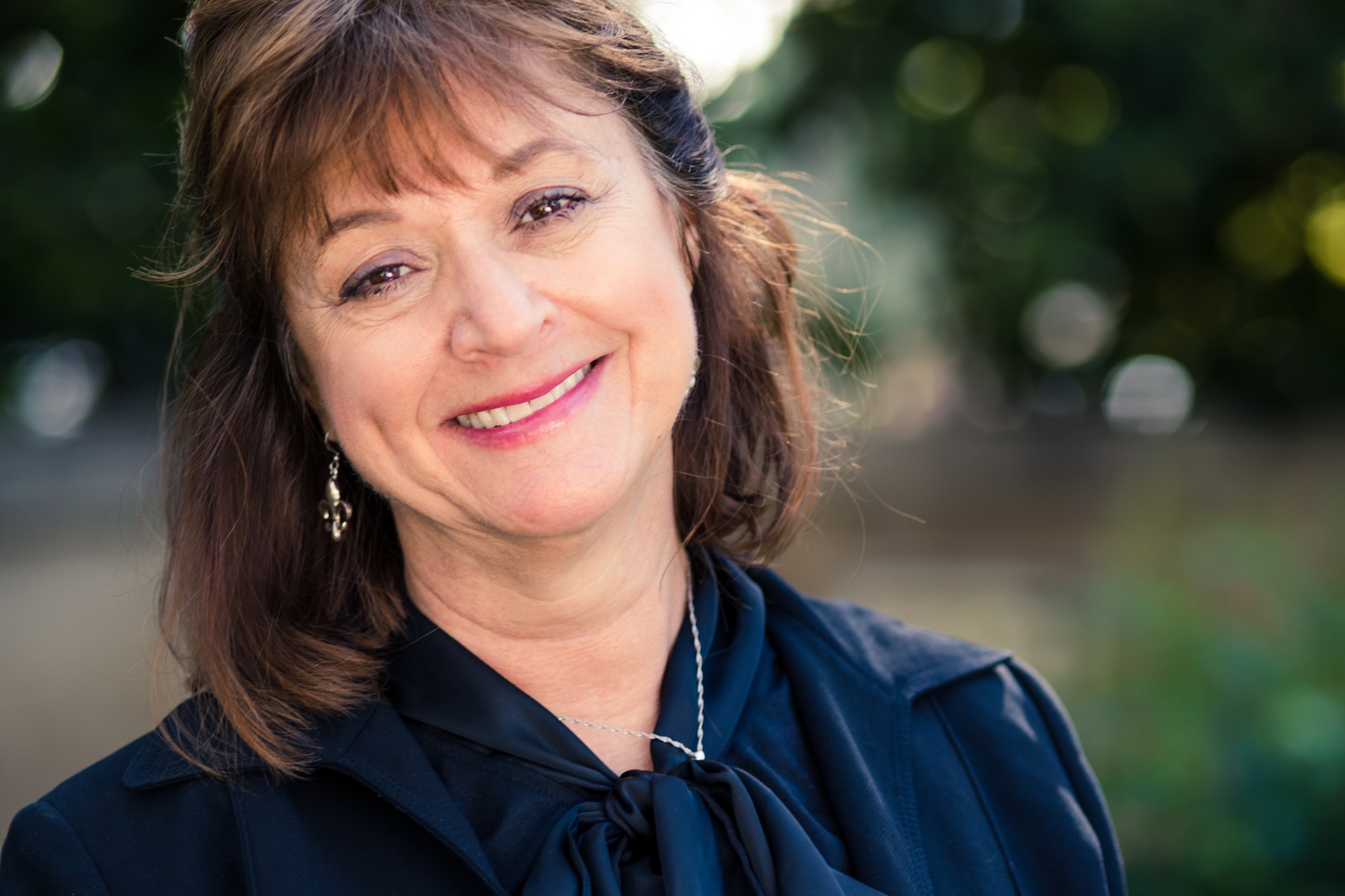Dr. Mimi Haddad
Guest Post Series
First, a word from April.
This is the second of three articles in the series by Christians for Biblical Equality President, Dr. Mimi Haddad, about who women have been created to be as ezers (originally posted HERE, reposted with Mimi’s permission). May these words bring freedom to women’s identity and purpose.
In considering the early chapters of Genesis last week, we observed how human identity is inseparable from being created in God’s image as male and female. What is more, our identity—as created in God’s image—shapes our purpose. For this reason, both Adam and Eve share authority in caring for the world and each otherbecause both are created in God’s image. Yet Eve is not only created in God’s image, God also made her an ezer, or “strong help.” Adam’s aloneness—the only “not good” in Eden—is overcome only with the creation of Eve, which emphasizes her essential contribution in sharing authority and working beside Adam. Despite sin and patriarchy—consequences of the fall—women continue to live out their identity as bearing God’s image and as strong rescuers throughout the Old Testament, particularly as prophets. God uses female prophets to provide moral and spiritual leadership to God’s people and especially to Israel’s leaders. Here are a few examples.
Huldah was a prophet during the reign of King Josiah. When the book of the Law was discovered, King Josiah’s committee turns to Huldah for advice rather than Zephaniah or Jeremiah, both of whom were prominent male prophets during this time (2 Chron 34:14–33, 2 Kings 22). Huldah’s prophetic guidance led to the greatest revival in all of Israel’s history. It was one that endured for generations!
Miriam and Deborah (Ex 15:20, Gen 35:8) offer strong rescue as God’s prophets. Miriam’s status as a leader is emphasized by the fact that Israel refused to travel without her (Num 12:2–16). Like Miriam, the armies of Israel would not go into battle without Deborah’s leadership. Deborah was a prophet, a judge, and she was called the mother of Israel (Jdg 4:4–5, 5:7). A leader of leaders, Deborah was the highest ranking leader in Israel in her day.
Noadiah, mentioned in Nehemiah 6, is perhaps a lesser known female prophet, but she is one of two prophets mentioned by name in the book of Nehemiah. Noadiah’s inclusion in the biblical account shows her influence, and readers may also infer that there were other female prophets in Israel like her.
Because women are created in God’s image, their destiny as strong help is also noted in the leadership of women like Jael who is honored for killing the leader of an army at war with Israel. Her name appears in Judges 5:6–7 between Deborah and Shamgar, both judges of Israel. Jael received Sisera, the army general, as a guest in her tent. Normally, only males received other males as guests. The irony is, Sisera most certainly expected to carry home Jewish women as a trophy of war. He did not expect to become a trophy of war himself under the hand of a woman.
Consider Esther and Ruth, women after whom two Old Testament books are named. While this may seem unremarkable to us today, women’s names were rarely celebrated publically apart from their husbands. When great deeds were accomplished by women, they were often attributed to the male head of their household. To oppose the gender expectations of the ancient world brought shame on the male, and also the tribe or family he represented. Yet, despite the honor-shame culture of Semitic tribes, Scripture praises Esther, even as she publically approached her king and husband uninvited. Though she shamed her husband, Esther obeyed God and rescued Israel, and she is honored for her obedience. In a similar way, Ruth initiated marital overtures, rather than Boaz, and as a result, we remember her as a bold woman of faith.
This brief survey of Old Testament ezers makes clear that God honors courage and initiative motivated by faith in God, which is the privilege and destiny of both women and men created in God’s image. Women who honor and obey God regardless of male rule are not condemned, but celebrated in Scripture as they lived out their authentic identity—created in God’s image, serving as leaders and as strong help beside men.

